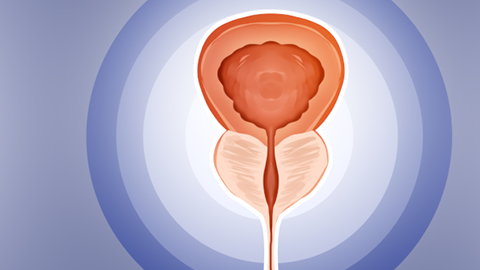Is abstinence required for benign prostatic hyperplasia (BPH)?
Generally speaking, whether patients with benign prostatic hyperplasia (BPH) need to abstain from sexual activity mainly depends on the specific condition and individual health status. If discomfort symptoms occur, timely consultation and treatment at a regular hospital are recommended. Detailed analysis is as follows:

If a patient's BPH condition is stable, without significant difficulty in urination, frequent or urgent urination, or perineal discomfort, and the individual's overall physical condition is good, there is no need for deliberate sexual abstinence. Moderate sexual activity can promote blood circulation in the prostate and reproductive system, reduce prostatic fluid accumulation, and help maintain local prostate health. However, attention should be paid to frequency and avoiding excessive fatigue.
If the patient is experiencing an acute episode, such as severe difficulty in urination, urinary retention, perineal distension or pain, or complications such as prostatitis, it is recommended to temporarily stop sexual activity. At this time, the prostate may be congested and swollen; engaging in sexual activity could worsen local congestion, possibly aggravating symptoms or even causing worsening of urinary difficulty or spreading of infection. One should wait until symptoms subside and the condition stabilizes before gradually resuming sexual activity.
In daily life, attention should be paid to physical reactions after sexual activity. If discomfort during urination worsens, the frequency should be adjusted accordingly. Maintaining good hygiene during sexual activity can help prevent infections. Regular follow-up examinations of prostate-related indicators are necessary, and lifestyle habits should be adjusted promptly according to disease progression. If there are questions regarding sexual frequency, medical advice should be sought to obtain individualized guidance based on personal circumstances.





